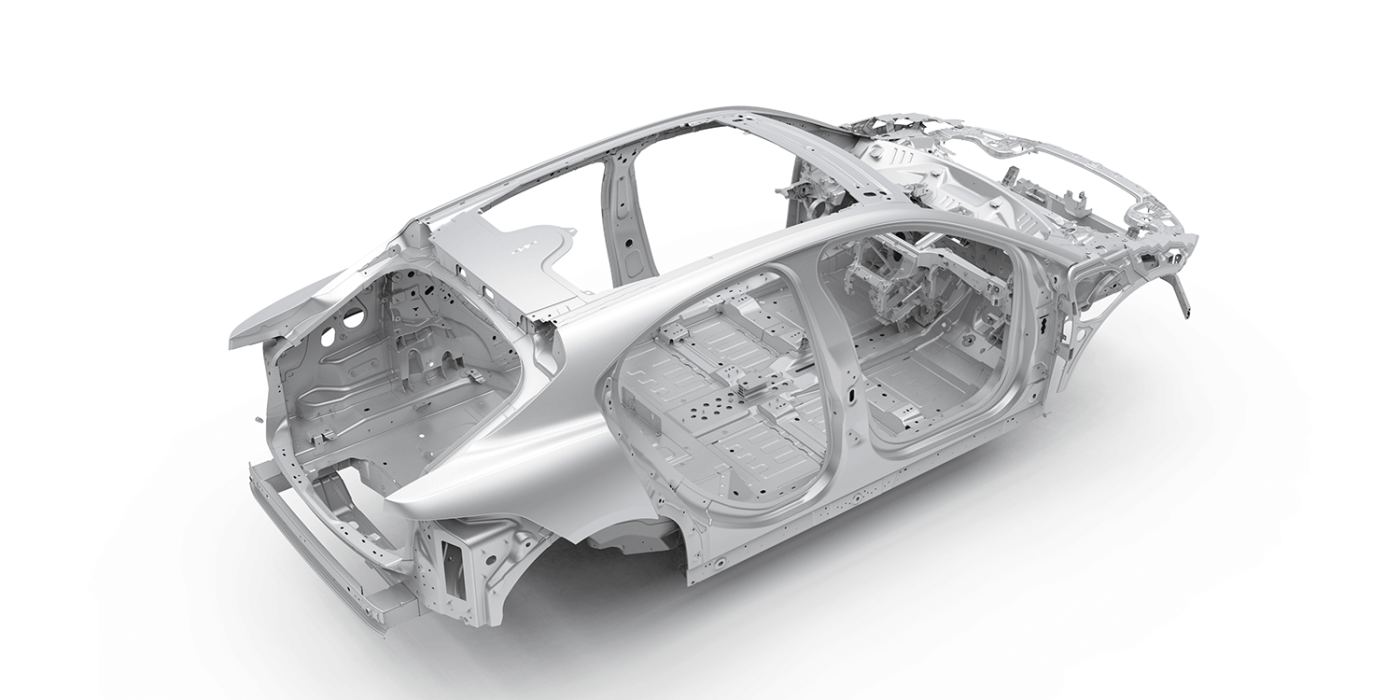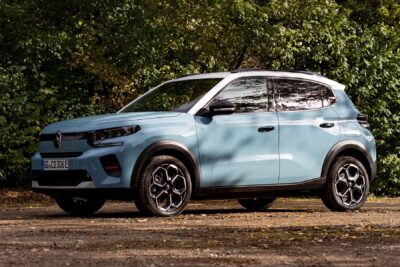Study shows that light weight does not benefit EVs
In contrast to vehicles with combustion engines, lightweight construction in electric vehicles does not have any advantage over steel in terms of total energy and total emissions. This is the result of a research project by Manuel Schweizer, a student at the Technical University of Ingolstadt (THI).
There have been discussions for years in the EV community about how sensible lightweight construction measures are for electric cars. Lighter cars consume less energy, that’s for sure. But heavier cars have higher kinetic energy at the same speed, and can, therefore, recover more energy when recuperating. So what is “more efficient”?
For this study, Schweizer examined the effects of lightweight construction measures for vehicles with combustion engines and electric vehicles in terms of resource efficiency and emissions with the aim of determining the optimum material mix for both types of vehicle. To this end, Schweizer modelled one vehicle for each drive system from the lower mid-range and the upper range. The comparative calculations showed that over its entire life cycle the lightweight construction variant both requires more energy and emits more emissions than steel constructions in the same vehicle class.
The central result: A negative influence of the additional weight does not occur to the same extent as in vehicles with combustion engine, as the electric motor, in addition to its higher efficiency, also has the possibility of energy recovery during braking. A “resource-efficient choice of materials” was a much greater lever to reduce overall emissions than lightweight construction.
Expressed in numbers: In the lower mid-range model, the materials were able to reduce emissions by 9 to 13 per cent, in the luxury class by 19 to 24 per cent – above all in battery production. These energy and emission savings, according to Schweizer, could produce more battery capacity and thus increase the range of electric vehicles.
thi.de (in German)





3 Comments